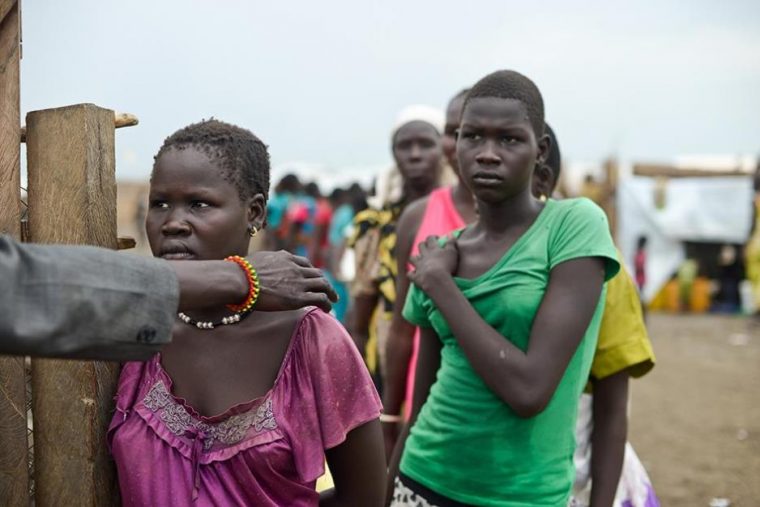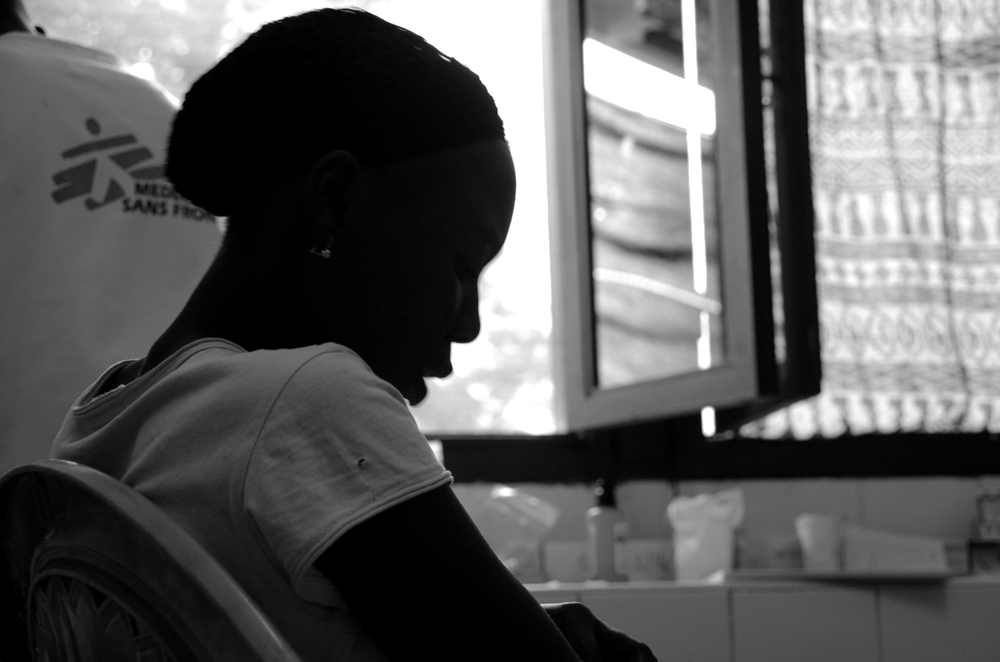IT HAS BEEN established that causes of gender-based violence vary, but it is no hyperbole to advance the thesis that the manifestation of widespread gender-based violence in this country is symptomatic of what’s lacking.
A lack of strong ethical values could be cause number one. Therefore, the antithesis to address gender-based violence should be to instil ethical values.
The focus of these efforts should be children while they are innocent and uncorrupted. Meaning, it is a national imperative that we expose every Namibian child to ethics at a very early stage in his/her education career, starting from primary to the university.
Here, I am referring to the ways we each live our own lives, and the ways we treat and interact with one another. Without strong ethics, a society falls apart, just like ours is falling apart due to many vices, including gender-based violence.
As a nation which is only 28 years old, Namibia is still struggling to regain its proper moral and ethical compass. This is due to the ugly past in the sense that psychologically and mentally, we are a society that’s still unhealed from the traumatic experience of the past.
Colonialism and the war of liberation, modernity too, left our society with a culture of violence, moral morass, and other unethical behaviours rampant at every level of our society.
The breakdown and weakening of traditional institutions and cultural values, which were critical in instilling ethical values that made people live collectively as society or communities, and strive together for shared values and a common bond, are examples.
In the good olden days, those strong collective values provided a moral and ethical basis from which the well-being and security of each individual in the community was protected.
But today, our children are growing up in an environment that is struggling to foster ethical characters and moral integrity into them. Equally, ethics also do not feature strongly in their education.
The stuff of ethics and moral dimensions are also absent in our national programmes, especially when it comes to addressing gender-based violence. So far, our current national efforts to address gender-based violence, and the focus on creating an enabling policy and legal environment, the enforcement of laws, and awareness-creation through advocacy, training and programme implementation are necessary measures, but they are merely addressing the symptoms of gender-based violence.
They are also reactive in nature. The root cause is what we should tackle if we want to have long-term impact and sustainable solutions to the scourge of gender-based violence.
And that we can achieve by having ethics as a subject to be taught from school level up to the university, instead of only at the university level.
I have a good reason why ethics as opposed to religious or cultural studies are ignored. Although ethics or the ethical code is present in every religion and culture, they (religion and culture) are not neutral truths. They tend to impose a biased agenda.
On the other hand, ethics is about moral behaviour, values and qualities of character. Therefore, as a school subject, it will help instil the three ethical dimensions in the children to understand the nature of moral language; develop moral ethics and moral judgements; and live an ethical and moral lifestyle, a lifestyle characterised by peace, tolerance, caring, solidarity and moral courage.
The purpose would be to educate and produce morally matured and sensible responsible citizens; foster a mature individual moral outlook in children; and teach them how to make mature and informed moral judgements, based on the values of truth, honesty, compassion, tolerance, solidarity with others, respect for others, understanding, cooperation, fairness, sense of justice, loyalty, courage and generosity.
Those are individuals, in the words of Immanuel Kant, who can “act only according to that maxim whereby you can, at the same time, will that it should become a universal law without contradiction”. Individuals who can behave morally towards others in that they are able to reflectively ask themselves: “how should I behave towards the people around me?”, or, “how should I make society, just, fairer and safer for everybody?”
That’s what the phrase ‘I am my brother’s keeper’ means, that we produce and educate children who recognise the duties and responsibilities they owe towards each other as citizens. Without such individuals, our society is likely to falter.
Introducing ethics would also make us kill many birds with one stone in the sense that it will create a space to discuss other vices prevalent in our society. It is the same lack of ethics that is fuelling other vices such as high-level corruption, criminalities, unethical leadership and other unethical behaviours in how we view and treat each other.
All of these make Namibia an ethically bankrupt society, more reason why we need ethics studies in our schools.

